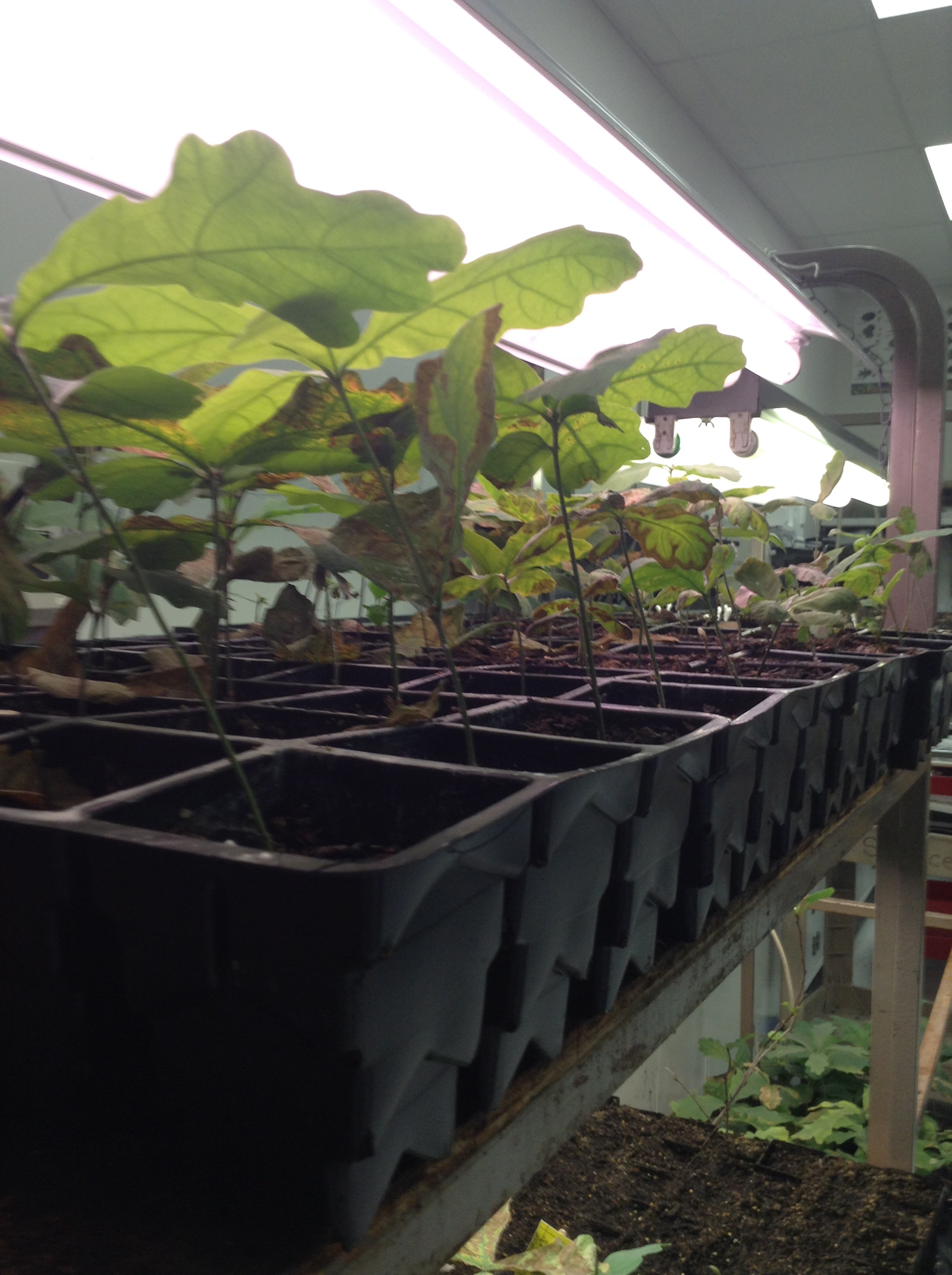Parkway North Lexus Eco Team Wins National Competition
 In late February, a group of Parkway North students won first place in the final challenge of the Lexus Eco Challenge sponsored by Lexus Co, a program that empowers the next generation to learn about and preserve the environment.
In late February, a group of Parkway North students won first place in the final challenge of the Lexus Eco Challenge sponsored by Lexus Co, a program that empowers the next generation to learn about and preserve the environment.
“Lexus Eco Challenge has two different challenges. They [the students] have to win the first challenge in order to be invited to compete in the final challenge. While in the final challenge, the odds of winning are better, but the competition is stiffer,” said science teacher Russ Barton, who sponsors Eco Challenge.
For the air and climate challenge, which was a preliminary challenge, the students from Parkway North created an area outside of the school for composting. The students built a vermicomposter that uses worms to make compost. The students also focused on composting and creating a garden for native plants to grow.
“The vermicomposter [is] essentially a big box of worms and bedding. It creates much more nutrient-filled compost compared to the regular ones around the school,” said junior Alec Wood.
While the team worked on creating compost to bring nutrients back to the soil, for the final challenge, the team continued to work on composting, reducing waste, and air pruning.
When plants are air pruned, their roots are exposed to air, which stimulates other secondary roots to grow, therefore gaining more surface for the plant roots, resulting in a faster growth rate and healthier plants.
“[Air pruning] is said to ramp up growth rate up to 10 times,” said Barton.
Along with air pruning, the team worked with terra preta, a type of soil that is high in carbon and stores nutrients for plants to use, and mixed it with fertilizer.
“[Terra preta] allows the plant to steal nutrients, but also acts like a buffer to make sure that plants don’t get too much nutrients,” said Barton.
By combining these two methods, the team can grow native plants, such as oak trees which are good for the environment, in less time and with less money.
“This encourages others and makes it possible for people to plant better trees in more places,” said Barton.
By combining all these efforts into a website, the students were able to win first place in the high school division in the final challenge. Along with the $10,000 awarded during the preliminary air and climate challenge, winners of the final challenge $15,000. The money is split up so that the school gets $3,000, the sponsor $2,000, and the remaining $10,000 is split evenly among the students. While many students are using the money to pay for college and school supplies, some of the money is being diverted to build a 24×40 foot greenhouse for the school.
“I plan to use some of the money combined with a grant to build a greenhouse for the school,” said Barton. “We’re already getting bids.”
By: Gianna Sparks Centerspread Editor